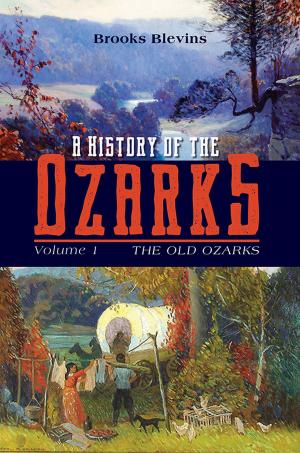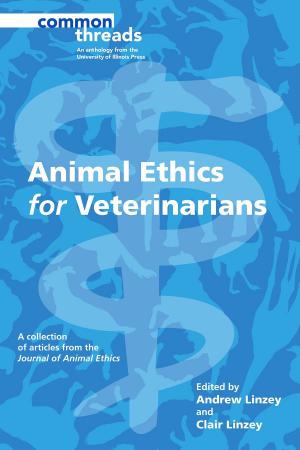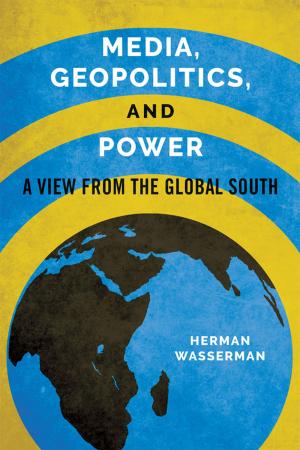Black Public History in Chicago
Civil Rights Activism from World War II into the Cold War
Nonfiction, Social & Cultural Studies, Social Science, Cultural Studies, African-American Studies, History, Americas, United States, 20th Century| Author: | Ian Rocksborough-Smith | ISBN: | 9780252050336 |
| Publisher: | University of Illinois Press | Publication: | April 11, 2018 |
| Imprint: | University of Illinois Press | Language: | English |
| Author: | Ian Rocksborough-Smith |
| ISBN: | 9780252050336 |
| Publisher: | University of Illinois Press |
| Publication: | April 11, 2018 |
| Imprint: | University of Illinois Press |
| Language: | English |
In civil-rights-era Chicago, a dedicated group of black activists, educators, and organizations employed black public history as more than cultural activism. Their work and vision energized a black public history movement that promoted political progress in the crucial time between World War II and the onset of the Cold War. Ian Rocksborough-Smith's meticulous research and adept storytelling provide the first in-depth look at how these committed individuals leveraged Chicago's black public history. Their goal: to engage with the struggle for racial equality. Rocksborough-Smith shows teachers working to advance curriculum reform in public schools, while well-known activists Margaret and Charles Burroughs pushed for greater recognition of black history by founding the DuSable Museum of African American History. Organizations like the Afro-American Heritage Association, meanwhile, used black public history work to connect radical politics and nationalism. Together, these people and their projects advanced important ideas about race, citizenship, education, and intellectual labor that paralleled the shifting terrain of mid-twentieth century civil rights.
In civil-rights-era Chicago, a dedicated group of black activists, educators, and organizations employed black public history as more than cultural activism. Their work and vision energized a black public history movement that promoted political progress in the crucial time between World War II and the onset of the Cold War. Ian Rocksborough-Smith's meticulous research and adept storytelling provide the first in-depth look at how these committed individuals leveraged Chicago's black public history. Their goal: to engage with the struggle for racial equality. Rocksborough-Smith shows teachers working to advance curriculum reform in public schools, while well-known activists Margaret and Charles Burroughs pushed for greater recognition of black history by founding the DuSable Museum of African American History. Organizations like the Afro-American Heritage Association, meanwhile, used black public history work to connect radical politics and nationalism. Together, these people and their projects advanced important ideas about race, citizenship, education, and intellectual labor that paralleled the shifting terrain of mid-twentieth century civil rights.



